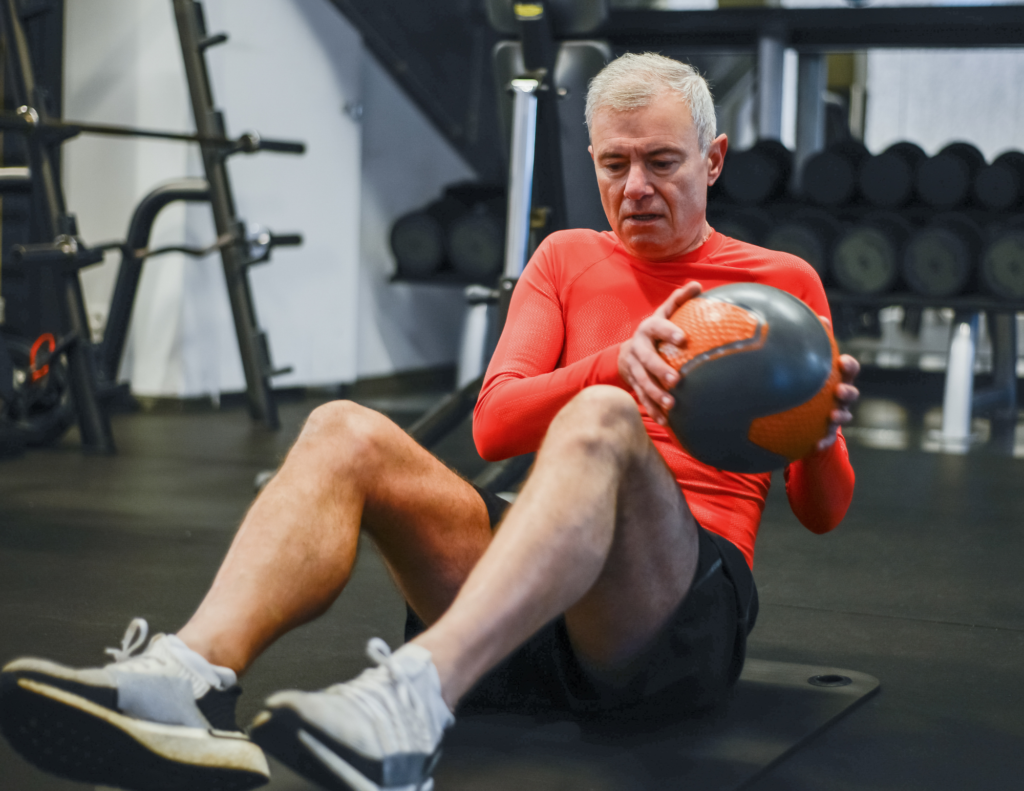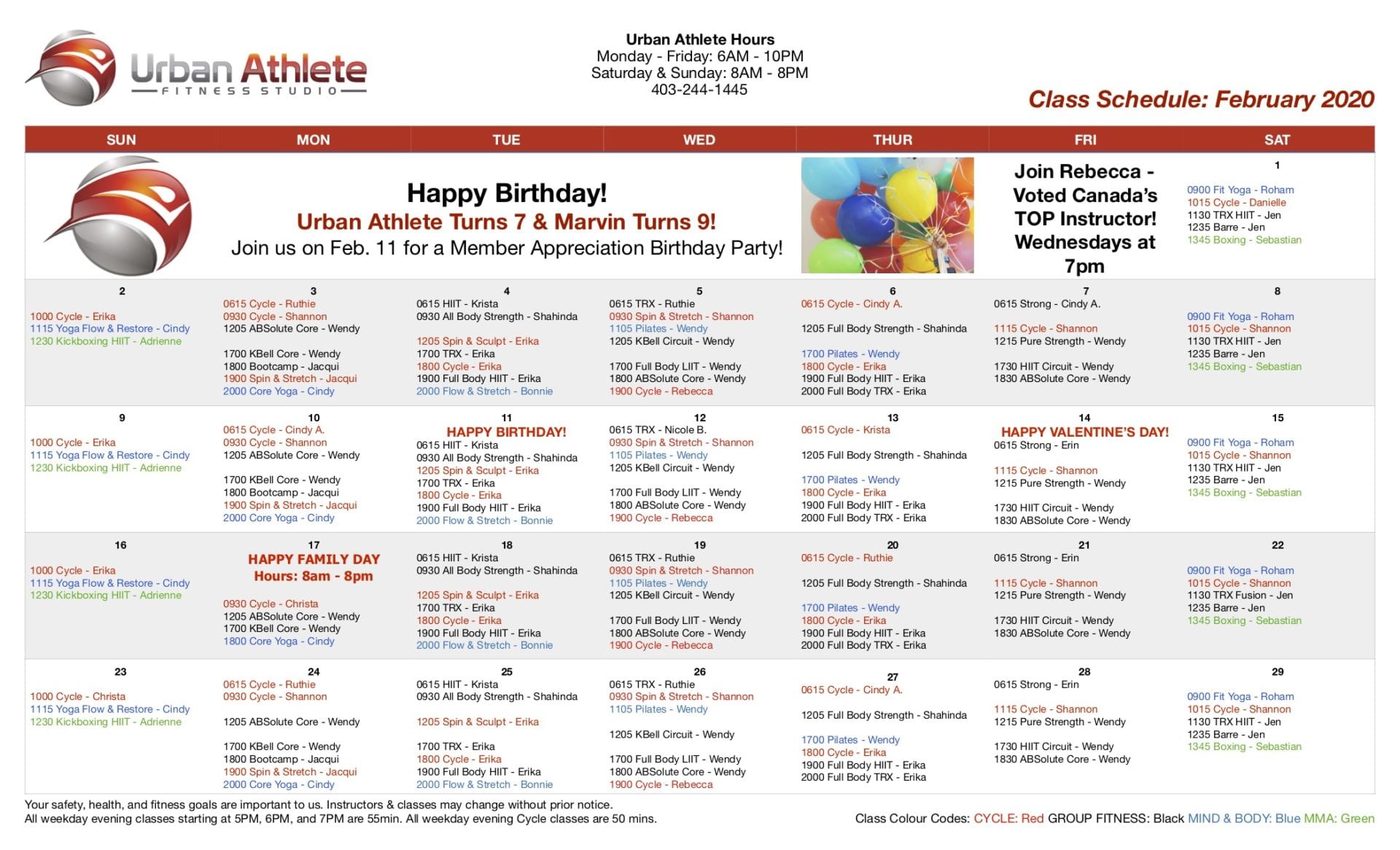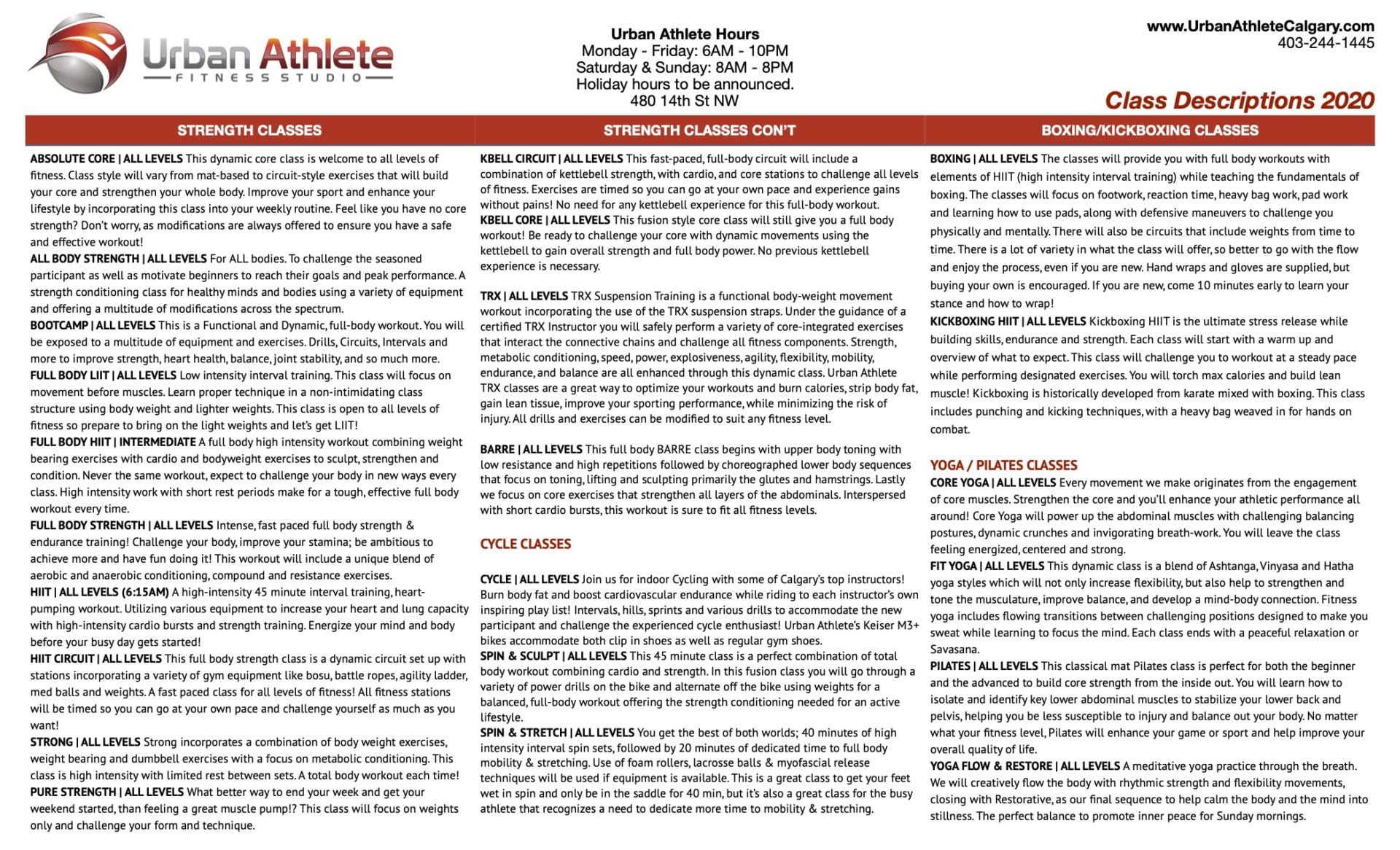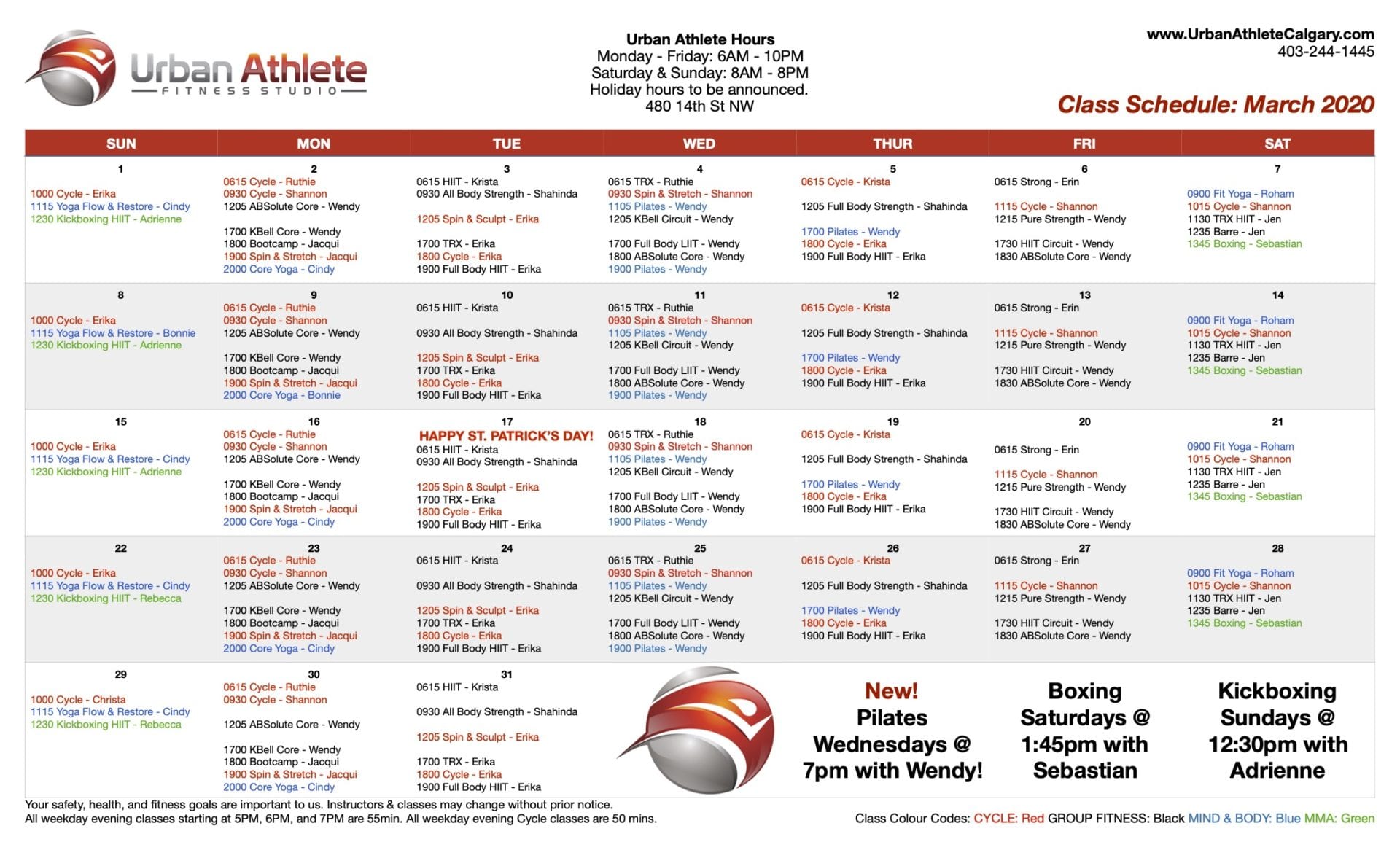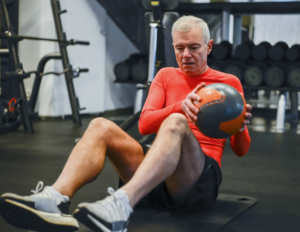
Strength Training and Aging Well
As we age, the importance of maintaining a healthy lifestyle becomes increasingly evident. Weight and strength training emerge as powerful tools to counteract the natural effects of aging on the body. This article explores the significance of weight training for older adults, emphasizing its impact on bone health, muscle mass, and overall well-being. Unlike their younger counterparts, the goals of older individuals in their fitness journey extend beyond aesthetics to encompass vitality, independence, and a higher quality of life.
Beyond Muscles: A Spectrum of Benefits
- Combat Sarcopenia: This fancy word simply means muscle loss, a major culprit behind weakness and decreased mobility in older adults. Progressive resistance training stimulates muscle growth, contributing to improved strength, balance, and coordination.
- Muscle Up Your Bones: As we age, bone density naturally declines, increasing the risk of fractures. Weight-bearing exercises not only promote skeletal strength but also reduce the likelihood of fractures, combat osteoporosis, and enhance overall bone health in aging adults.
- Metabolism Boost: Increased muscle mass leads to higher calorie burning and raises your metabolic rate, meaning you burn more calories even at rest. This aids in weight management and prevents obesity-related conditions.
- Cardiovascular Health: Strength training improves heart health by reducing blood pressure, improving cholesterol levels, and enhancing blood flow.
- Diabetes Prevention: Maintaining a desirable body weight and moderate to high levels of muscular fitness significantly lowers the risk of developing type 2 diabetes, with studies showing significant improvements in insulin sensitivity and glycemic control after several weeks of strength training.
- Reduced Pain: From arthritis to backaches, strength training can be a powerful pain reliever. By strengthening muscles and improving joint stability, it helps you move with more ease and less discomfort.
- Mental Well-being: Strength training is a natural mood elevator. It releases endorphins, those feel-good chemicals that combat stress and anxiety, leaving you feeling happier and more energized.
- Sharpen Your Mind: Studies show that strength training can enhance cognitive function, memory, and even protect against dementia.
- Combating Cancer: Strength training is well-tolerated by adult cancer patients and may provide various health and fitness benefits during and after treatment. These benefits include reduced fatigue, increased muscle strength, improved body composition, and enhanced physical function, particularly in patients recovering from breast cancer.
Shifting Focus: Goals for Optimal Results
Unlike younger individuals, older adults prioritize functionality and independence in their fitness goals. This means:
- Move with confidence: Climb stairs, carry groceries, play with grandkids – Weight training enhances your ability to perform daily activities with ease and confidence.
- Say goodbye to falls: Improved balance and coordination reduce the risk of falls, ensuring your safety and independence.
- Live life to the fullest: From gardening to traveling the world, strength training gives you the energy and strength to pursue your passions and make the most of every day.
Ready to Get Started?
Don’t wait any longer! Here are your starting points:
- Talk to your doctor: Ensure weight training is safe for you, especially if you have any health conditions.
- Start small and slow: Begin with light weights and gradually increase intensity as you get stronger.
- Seek guidance: A certified trainer can help you develop a safe and effective program tailored to your needs.
- Find your fit: Whether it’s using free weights, resistance bands, or joining a group fitness class, choose activities you find enjoyable and sustainable.
It’s never too late to reap the rewards of a strong and resilient muscular system, combating the effects of aging and promoting a vibrant and active lifestyle. Remember, consistency is key. Regular weight training, even just a few times a week, can make a significant difference in your health and well-being.

